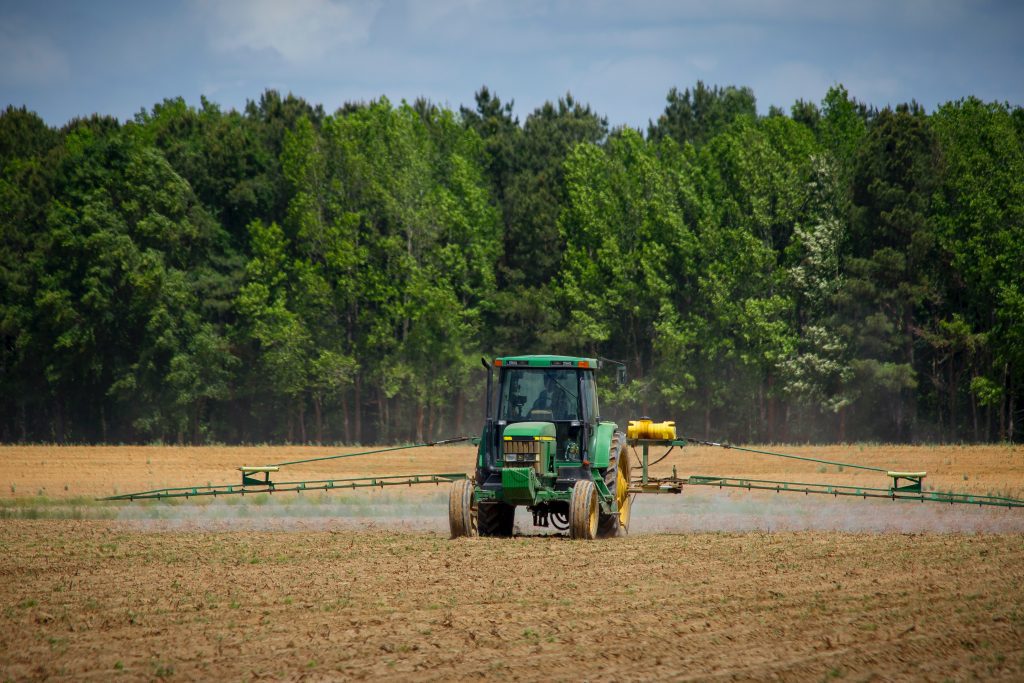What is a Certification Body?

Control Union Certifications has been an approved and trusted certification body working on behalf of standard owners for several decades.
And though many Operators and Traders are well aware of the benefits that certification can bring to their brand, business, and profits, confusion still exists when it comes to knowing how a certification body factors into this process.
This article will discuss our role as an accredited certification body and how we help maintain balance and impartiality as global brands strive to become certified.
The Benefits and Development of Certification
Certifications prove that products delivered by brands have satisfied criteria set out by independent third parties.
In the realm of agricultural supply chains, these certifications often focus on the sustainability, safety, and ethical practices of producers and traders. Though not legally required, any brand pursuing voluntary certification can expect to experience myriad enhancements to its processes, brand image, and revenue.
With today’s consumers increasingly aware and curious about what goes into their products, the demand for sustainably and ethically sourced commodities has never been higher. In May 2024, for example, PwC discovered that consumers are ready to spend an average of 9.7% more on goods which have been sustainably produced or sourced despite ongoing concerns about the cost of living and inflation [1].
Because of this, the certification industry has flourished and now extends beyond schemes developed by international standard owners. Certification now comprises a wide array of options, including regional programs that take account of the history and nuances of a specific locale, as well as standards developed by companies themselves to monitor and improve their practices.
However, regardless of the method, the most important element of certification is the trust established with stakeholders and the end user. Therefore, impartiality is crucial and we recognise the importance of separating the different roles that are established by the setup of a certification program.

Maintaining Balance and Impartiality in Certification
Once a company has chosen to embark on its certification journey, many parties become involved in making this happen. Completely separate from one another, each entity adopts a specific role in the certification process to ensure the highest standards are met. This includes:
Policymakers
Whether this is an international administrative body, local government, or a non-governmental organisation (NGO), policymakers are responsible for formulating regulations that place legal obligations on stakeholders. Though these regulations do not necessarily have to form the basis for any certifications, relevant programmes developed by standard owners inevitably fall in line with what is required by law.
Standard Owners
Standard owners, or scheme owners as they’re otherwise known, are responsible for developing and maintaining the certification programmes. As discussed above, changes to these programmes can be dictated by policy changes. However, they are also frequently reviewed by publicly consulting with interested stakeholders.
Certification Bodies
Certification bodies are third-party organisations entrusted to carry out independent audits on behalf of the standard owners. With express permission from the standard owner, certification bodies grant certifications and provide the compliance certifications that prove an entity’s conformance to a specific standard.
Accreditation Bodies
When choosing a certification body, one of your preliminary requirements should be that it be accredited. Accreditation Bodies carry out independent audits to verify a Certification Body’s compliance with established standards and protocols, ensuring competency and impartiality at every stage.
An illustrative example of all parties in action would involve the recent introduction of the EU Deforestation Regulation. The Regulation was implemented by the European Commission (the policymaker) and reflected in Certification Programmes established by standard owners.
Adherence to these Programmes is then assessed by a Certification Body, such as Control Union Certifications, which is, in turn, audited by an Accreditation Body.
Everyone has an independent role in this clear hierarchy, and impartiality throughout the process is ensured.
The Role of Control Union Certifications
Once you have decided which certification you would like to pursue, we begin a five-stage process to help you achieve it.
The first step is for you to select and request a certification, either through our Certifications page or by contacting us through your local office. Next, you will receive an offer letter detailing the price and scope of your certification, and once you accept this, we can set a date for your audit and send you a plan to help you prepare.
After the audit takes place, your results are independently reviewed by a “certifier”. Based on this review, you will either be granted your certification or receive a note of the corrective actions you must take by a specified date to become certified.
Untangling the Complexity of Certification
When pursuing any certification, there are many moving parts to consider. Supply chains across the globe are becoming increasingly complex, and every cog in the system must be carefully examined to ensure compliance at every stage.
By partnering with us, you’ll benefit from an international presence covering over 80 countries. This allows us to utilize our extensive global network of Operators, Traders, and End Consumers while still providing nuanced local knowledge and support.
Browse over 150 certifications or contact us if you’d like to arrange auditing of an internal programme.
References:
[1] ‘Voice of the Consumer Survey 2024’, PwC, May 2024

How can we help you?
Can we help you with more specific information about our Testing, Inspection and/or Certification Services? Or maybe some advice in your language? Any other questions? Let us know and we will gladly help.